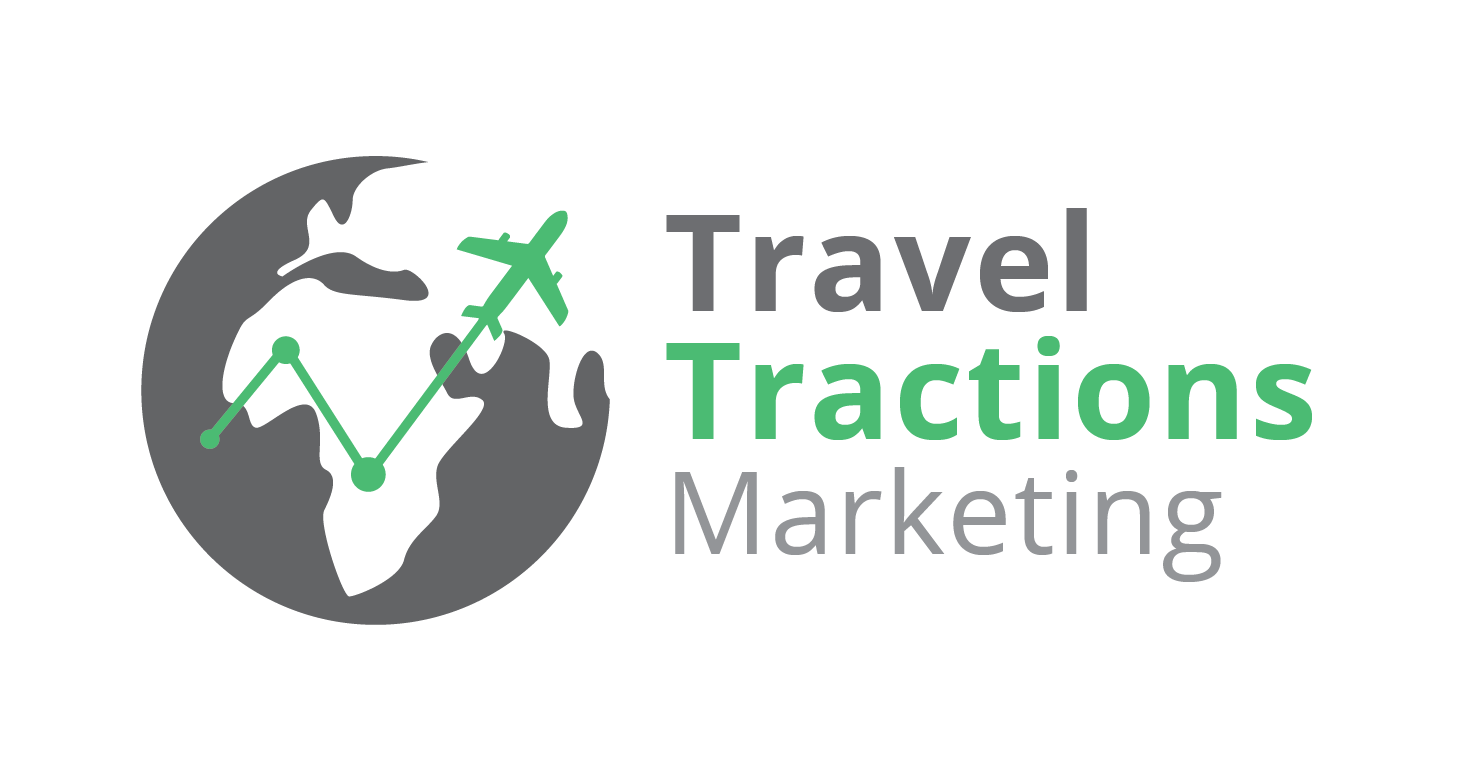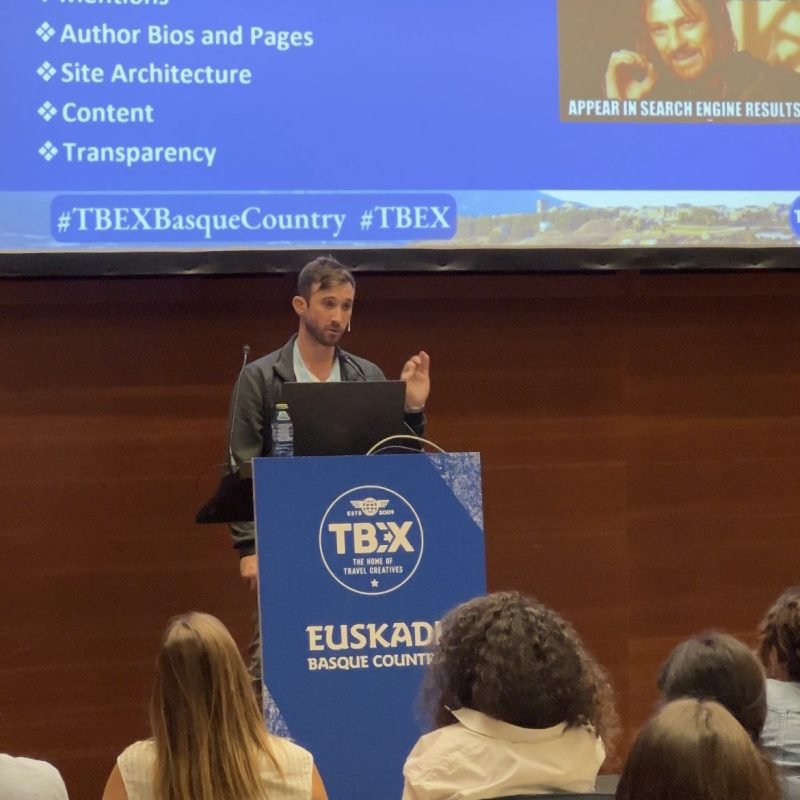1,800+ Landing Page Views from Paid Ads
Hotel Paid Ads Case Study
Hotel Paid Ads Case Study
View Case894% increase in YoY traffic
AI Automation SaaS Startup Case Study
AI Automation SaaS Startup Case Study
View Case6,354% YoY Increase in AI Citations
Travel Agency Website SEO Case Study
Travel Agency Website SEO Case Study
View Case110% Increase in YoY Organic Traffic
Italy Travel Website SEO Case Study
Italy Travel Website SEO Case Study
View Case100+ New Followers Earned From Influencer Marketing
Hotel Website PR Marketing Case Study
Hotel Website PR Marketing Case Study
View Case151% Increase in YoY Organic Traffic
Hiking & Travel Website SEO Case Study
Hiking & Travel Website SEO Case Study
View Case120.337% YoY Organic Traffic Increase
Accommodation Website Organic Traffic Growth Case Study
Accommodation Website Organic Traffic Growth Case Study
View Case234,500% Increase in Organic Traffic
Travel Blog Web Build & Organic Traffic Growth Case Study
Travel Blog Web Build & Organic Traffic Growth Case Study
View Case398.89% YoY Increase in Organic Traffic
Travel Blog Organic Traffic Growth Case Study




















